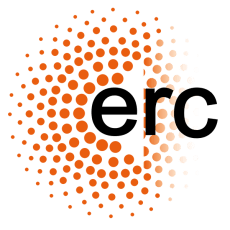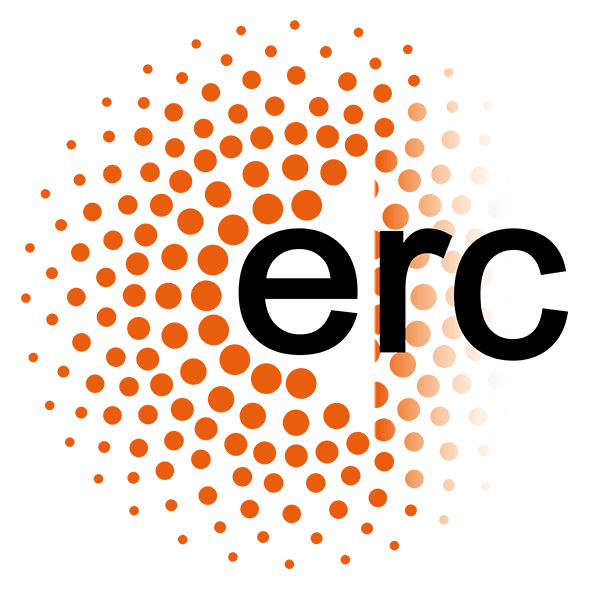Ongoing Projects
On Focus
ALL ONGOING PROJECTS
This project details an important extension to the ERC Starting Grant 852526 awarded to the Principal Investigator in 2019, “Behavioral Foundations of Populism and Polarization” (POPULIZATION).
The project develops foundational tools in the organizational economics, given the uncertainty shrouding even the most promising research projects, information plays a key role in the organization of science.
The over-arching goal of this ERC Starting grant is to study the extremely important phenomena that link education and governments' policies through the lenses of quantitative economic history.
This research proposal describes three projects that will advance the frontier of our understanding of the working of digital markets. It is motivated by the consideration that the lack of a comprehensive empirical assessment of the crucial phenomena in this area driven by the lack of data availability has been the major impediment to the research in this area.
Why are populist parties more successful in some places (or times) compared to others? What makes right or left populism more prominent in some countries (or after certain crises)? This ERC Starting grant tackles these questions with the tools of behavioral political economy.


